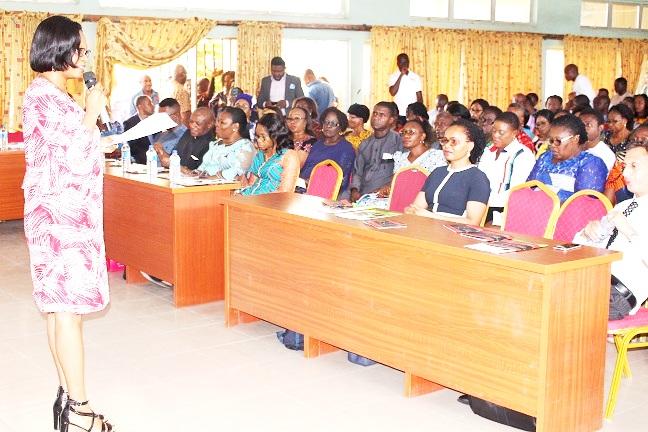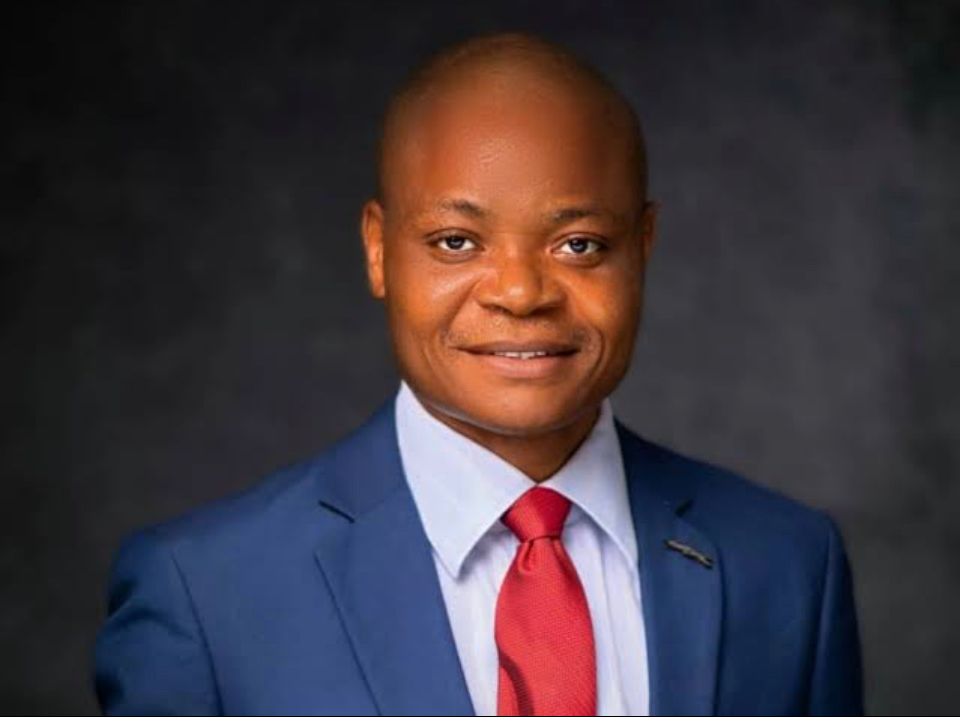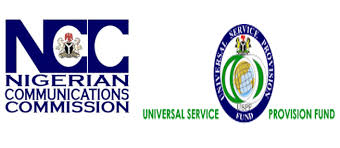Feelers over the weekend revealed that the telecoms regulator, Nigerian Communications Commission (NCC), has licensed three new Infrastructure Companies (InfraCos) to bring the total number to six, leaving North Central which the former licencee, IHS has returned its licence on grounds of irreconcilable issues.
InfraCos are special purpose vehicles (SPVs) and technology firms with strong background in the provision of Fibre Optic Cables (FOCs) introduced by the regulator to drive the delivery of internet backbones on a regional basis to deepen broadband penetration in view of Open Access Model (OAM) for National Broadband Plan (NBP) delivery.
NCC had while introducing the OAM few years back made it clear that the model was adjudged the best for the country in the deployment of fibre-optic network deployment, bridging of digital divide, and facilitation of local content development in the delivery of fast and reliable broadband services to households and businesses nationwide with ease.
The three new Infracos are Sammya Limited, formerly Odua Telecoms, to lay FOCs in the South-West region excluding Lagos (as Lagos alone is deemed a region based on its strategic size by population) and Fleek Networks Limited for same services in the North-West Nigeria.
Raeanna Nigeria Limited, another InfraCo, is licenced to cover the entire South-South region.
The earlier three include Zinox Technologies, licensed in December last year to deploy metropolitan fibre-optic infrastructure in the South-East of the country while Brinks Integrated Solutions Limited won the bid for the North-East region, leaving MainOne Cable Company in charge of Lagos region.
However, there are still issues on the North Central region where the initial licencee, IHS Group has returned its approval licence for the region it got in 2015 which has put NCC on its toes of shopping for yet another investor.
Whereas the regulator has continued to bask on dishing out licences to InfraCos, there seems to be key issues of concern hobbling their effective takeoff in the rollout of the targeted services within their states of licence operations.
The big issues remain the cost of Right of Way (RoW), multiple taxation/regulation, arbitrary and indiscriminate charges, vandalism of telecom infrastructures, poor power supply and forex hike.
However, key amongst them is RoW. Experts in the industry who spoke with our correspondents made it clear that unless the issue of RoW is resolved at the national level, exposing Infracos to the yawning jaws of several states government will continue to remain counterproductive.
Investigations by Business Hilights Intelligence Unit (BHIU), an independent research group in Business Hilights Publications showed that “No state government is ready to reduce a dime from whatever rate it has set for access to RoW by any telecom Infraco”.
Analysts say Infracos will have to cough out about N600 billion in Right of Way (RoW) charges to the 36 states of the federation whereas a facility earmarked for access by the CBN is N3bn.
Details show this amount is calculated based on a declaration that Nigeria requires 120,000 kilometres of fibre to achieve nationwide broadband coverage and an average of N5,000 per meter of fibre being charged by states.
The sum is, however, conservative considering the fact that majority of the states, according to the Nigerian Communications Commission (NCC), are charging as high as N25,000 per meter of fibre.
Besides, the charges are also in defiance of a 2013 National Economic Council (NEC) recommendation of N145 per meter fee for RoW across states. This recommendation was made as part of solutions towards ensuring that Nigeria achieves the 30 per cent penetration target set out in the National Broadband Plan.
But no state except Lagos and Bayelsa are willing to agree but with traces of hidden charges that may culminate to an exorbitant level after all.
According to a report released by BHIU in June this year on the matter, it said “Only Lagos and to some extent, Bayelsa State are ready to make meaningful downward review on their rates in accessing RoW”.
It is important to recall that several efforts of the federal government through the Office of the Vice President to prevail on states to effect a general reduction on their rates have continued to fail.
Checks at the NCC on efforts they are making on their own as a regulator find a salutary solution seem not to be yielding the desired results.
Only few months ago, the NCC engaged with the Central Bank of Nigeria (CBN) with the aim of finding a financial solution to the teething challenge of RoW which yielded a rather difficult result.
Analysts say the result is seen as difficult as even though the CBN earmarked a N3bn floating facility for access by Infracos, the companies seemed to have distanced themselves from the fund which they described as a mortgaging bait.
Giving an insight at a recent forum, the Board Chairman of NCC, Senator Durojaiye Olabiyi, identified RoW as a key challenge frustrating Infracos and made it clear that the inability of licencees to rollout services had a hand in the failure of the nation to meet the 2018 target of 30 per cent broadband penetration as stated by the NBP.
He said “As you all know, we are faced with a number of challenges plaguing the industry and the commission is doing its best to address the issues in order to continue to stimulate the economy”.
Olabiyi added, “The commission has completed the licensing using the Open Access Model which is non-discriminatory and enables infrastructure sharing to bridge the gap and deliver very robust, fast and reliable broadband services in the country. This will help to stimulate other sectors of the economy and lead to economic growth.”
However, checks across several licencees showed that their licences are currently gathering dusts on their shelves waiting for when state governments’ will succumb to what analysts described as missing pressure from the federal government and NCC in particular to ease their charges on RoW.









